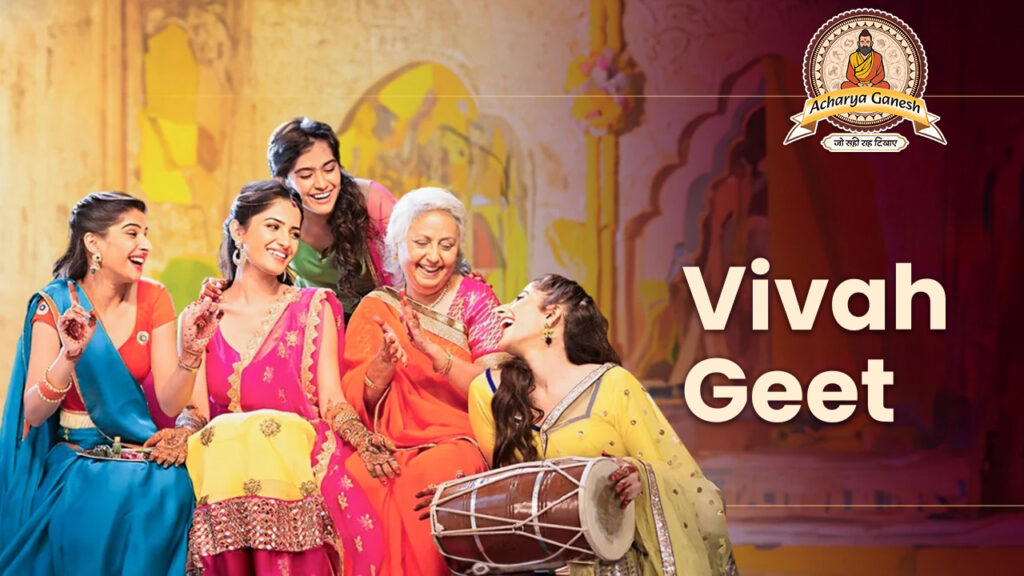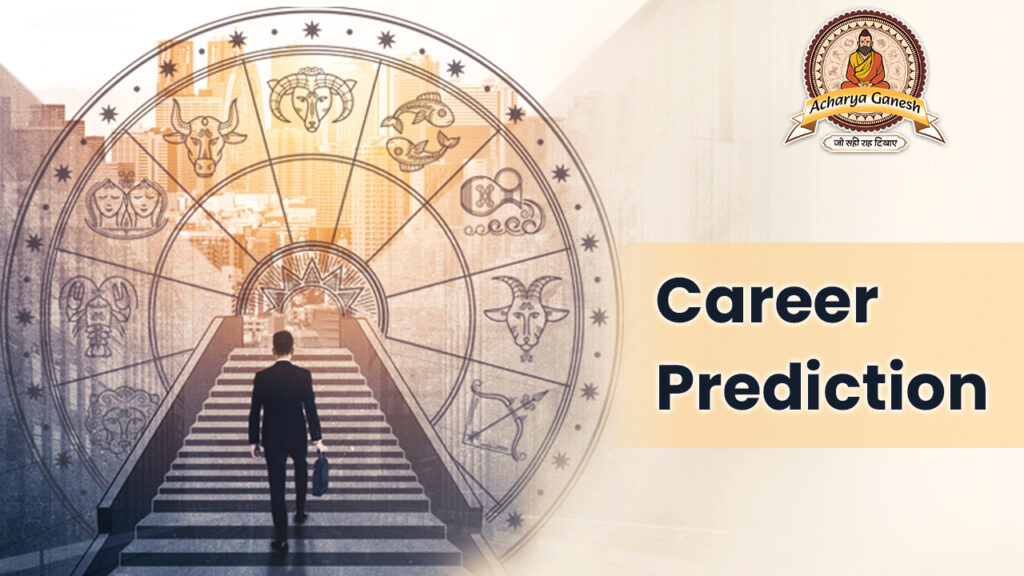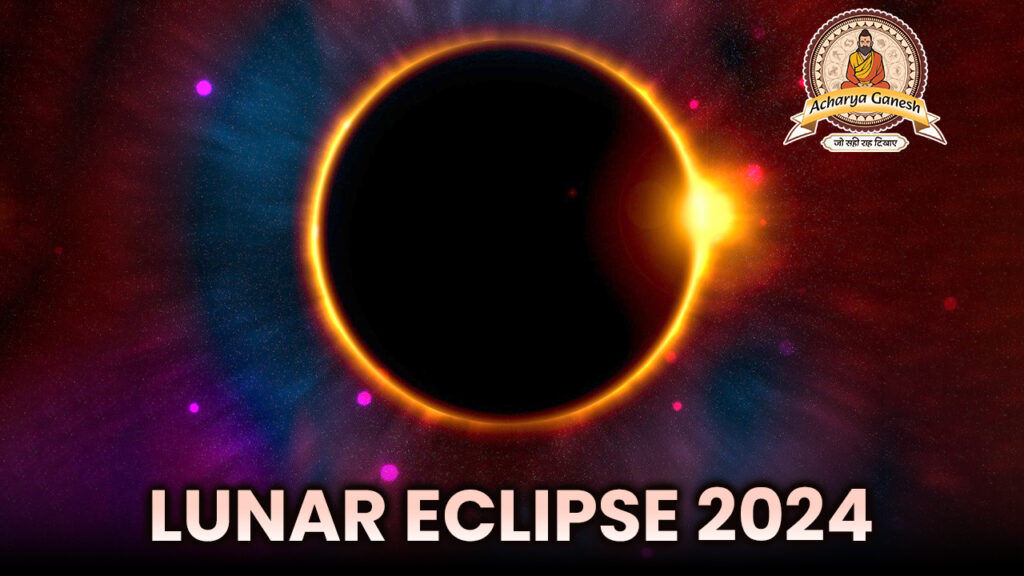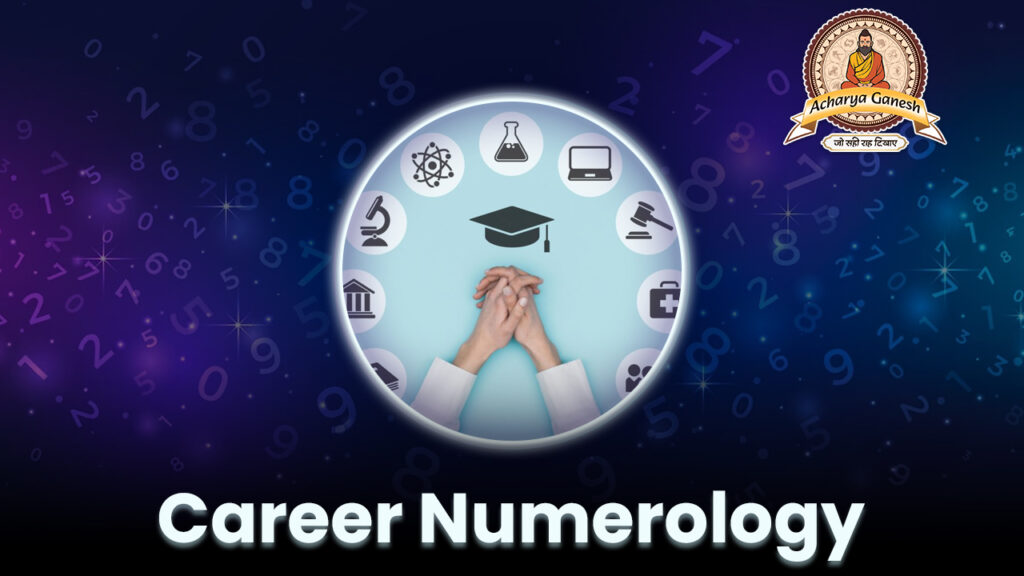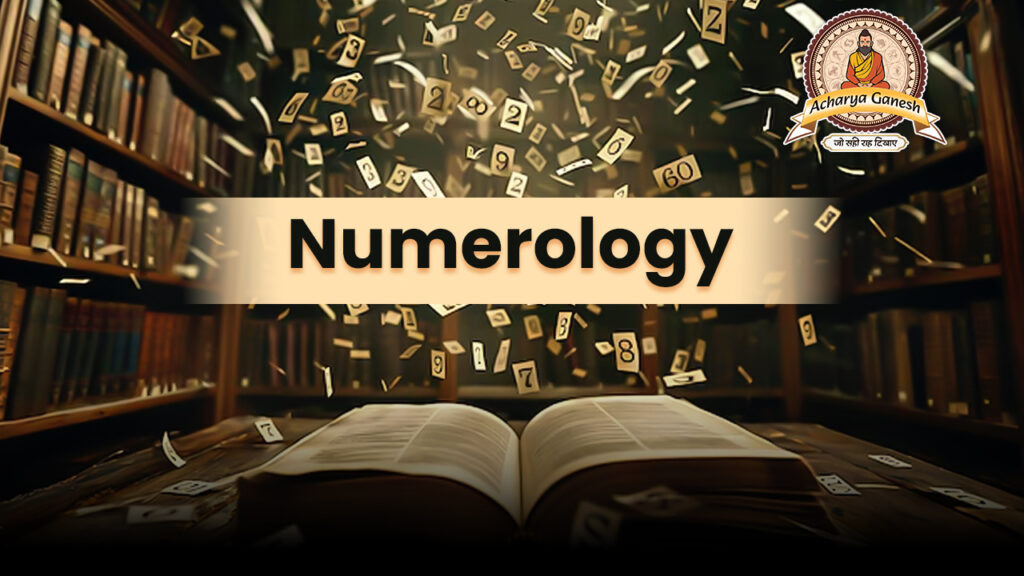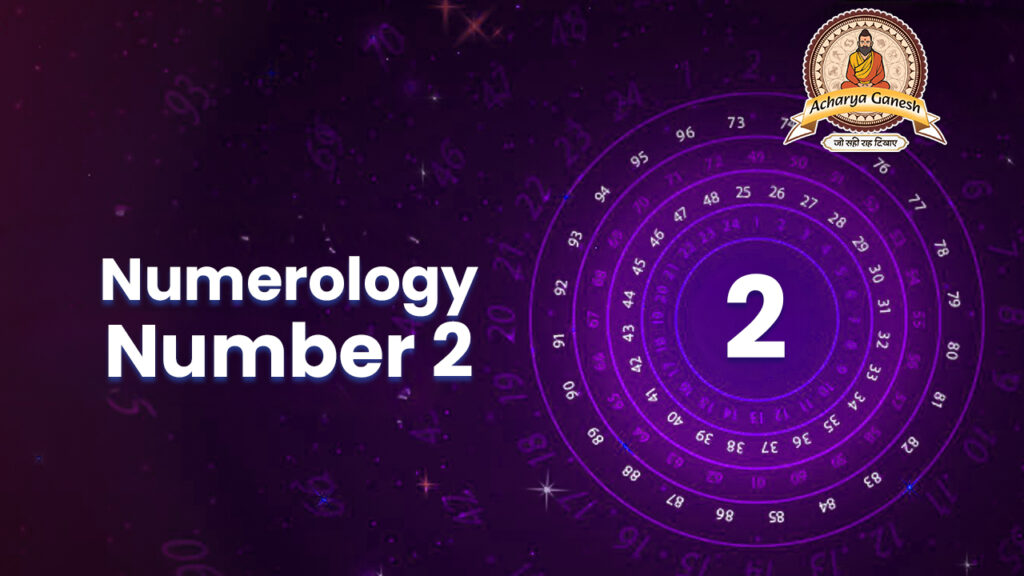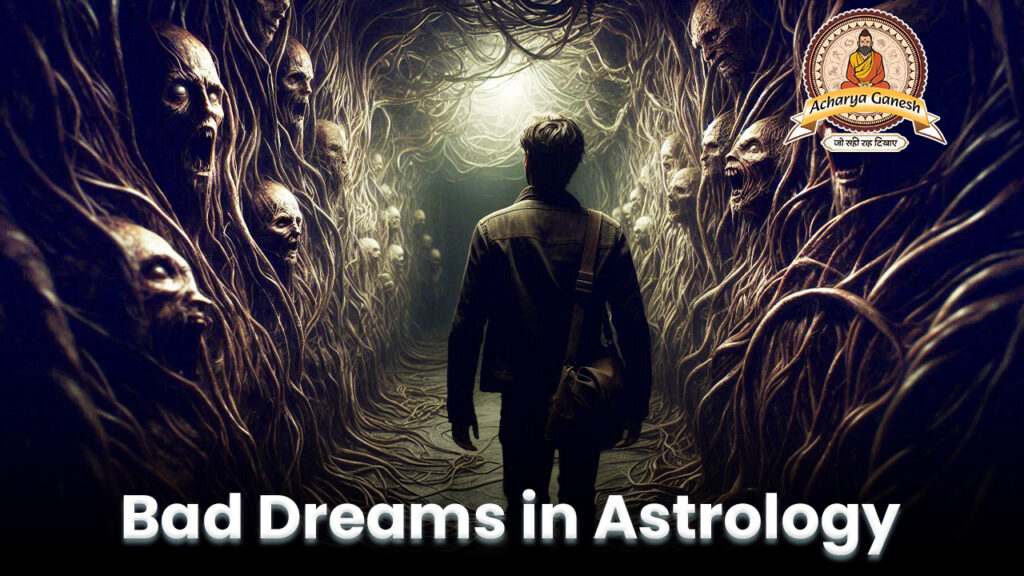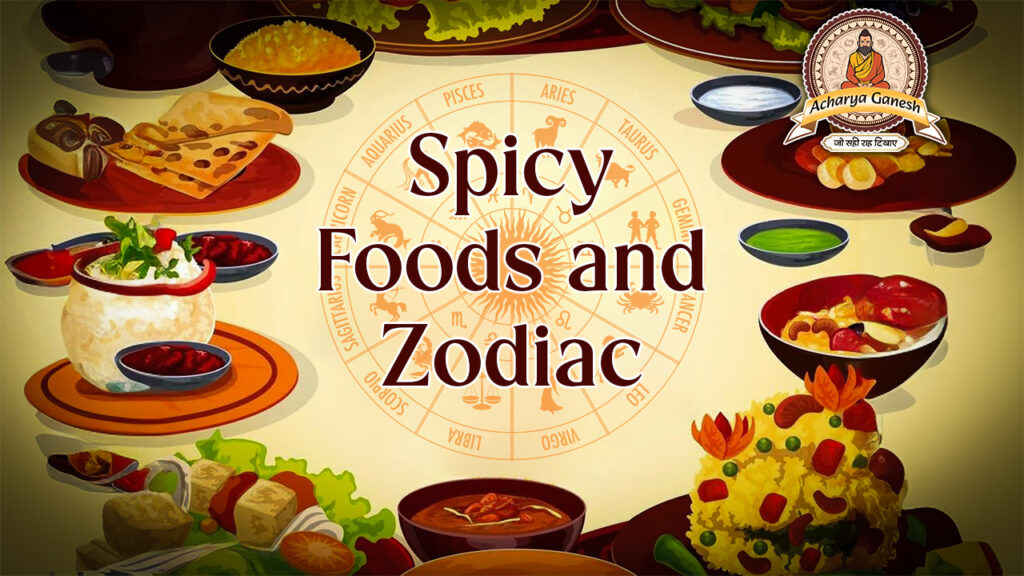Introduction to Vivah Geet
Vivah geet, or wedding songs, are an integral part of Indian marriages, weaving together tradition, emotion, and celebration. These melodious tunes have been passed down through generations, capturing the essence of love, family bonds, and cultural heritage. As we explore the world of vivah geet, we’ll discover how these songs add a magical touch to one of life’s most significant milestones.
The Rich History of Wedding Songs
The tradition of vivah geet dates back centuries, with roots in ancient Indian customs and rituals. These songs have evolved over time, reflecting changes in society while maintaining their core purpose of blessing the newlyweds and bringing joy to the wedding festivities.
Origins of Vivah Geet
- Ancient Sanskrit texts mention wedding songs
- Folk traditions across India contributed to the development of vivah geet
- Religious and cultural influences shaped the lyrics and melodies
Evolution Through the Ages
Vivah geet have adapted to changing times, incorporating new instruments and musical styles while preserving their traditional essence. Today, we see a blend of classical and contemporary elements in these beloved wedding songs.
Popular Types of Vivah Geet
Indian weddings feature a variety of songs for different occasions and rituals. Here are some common types of vivah geet:
- Mangal Geet: Songs of good fortune sung during the main wedding ceremony
- Sagai Geet: Engagement songs celebrating the union of two families
- Mehndi Geet: Lively tunes accompanying the application of henna
- Vidaai Geet: Emotional farewell songs as the bride leaves her family home
Regional Variations in Wedding Songs
India’s diverse cultural landscape is reflected in its vivah geet, with each region boasting its unique style and flavor.
North Indian Vivah Geet
- Bhojpuri wedding songs known for their lively rhythms
- Punjabi wedding songs featuring energetic bhangra beats
- Kashmiri vivah geet with soulful melodies
South Indian Wedding Songs
- Tamil wedding songs rich in devotional themes
- Malayalam vivah geet emphasizing family bonds
- Kannada wedding songs blending classical and folk elements
East Indian Vivah Geet
- Bengali wedding songs with poetic lyrics
- Assamese vivah geet celebrating nature and love
- Odiya wedding songs featuring traditional instruments
West Indian Wedding Songs
- Gujarati garba songs for pre-wedding celebrations
- Marathi wedding songs with a mix of classical and folk styles
- Rajasthani vivah geet known for their colorful expressions
The Role of Vivah Geet in Modern Weddings
While traditional vivah geet remain popular, modern Indian weddings often incorporate contemporary elements into these timeless songs.
Fusion of Old and New
- Remixes of classic vivah geet with modern beats
- Incorporation of Western instruments in traditional melodies
- Bollywood-inspired wedding songs gaining popularity
Personalized Wedding Songs
Many couples now opt for customized vivah geet that tell their unique love story. Professional songwriters and musicians can create bespoke wedding songs that blend tradition with personal touches.
Learning and Preserving Vivah Geet
As we embrace modernity, it’s essential to preserve the rich tradition of vivah geet for future generations.
Ways to Learn Vivah Geet
- Attend community gatherings and wedding celebrations
- Take classes from experienced singers or musicians
- Watch online tutorials and listen to recordings
- Participate in cultural events that showcase traditional wedding songs
Preserving the Tradition
- Document and record vivah geet from older generations
- Organize workshops and events to teach young people
- Encourage the inclusion of traditional songs in modern weddings
FAQs About Vivah Geet
Here are some common questions people ask about vivah geet:
- Q: What is the significance of vivah geet in Indian weddings?
A: Vivah geet play a crucial role in creating a joyous atmosphere, blessing the couple, and preserving cultural traditions. - Q: Are vivah geet only sung by women?
A: While traditionally many wedding songs were sung by women, today, both men and women participate in singing vivah geet. - Q: Can non-Indian songs be included in a traditional Indian wedding?
A: Yes, many modern Indian weddings incorporate a mix of traditional vivah geet and contemporary songs from various cultures. - Q: How long does it take to learn vivah geet?
A: The time required varies depending on your musical background and the complexity of the songs. Some simple vivah geet can be learned in a few weeks, while others may take months to master. - Q: Are there professional vivah geet singers?
A: Yes, many professional singers specialize in wedding songs and can be hired to perform at weddings and related events.
Conclusion
Vivah geet are more than just songs; they are a testament to the enduring power of love and tradition in Indian culture. As we celebrate weddings with these beautiful melodies, we not only honor our heritage but also create lasting memories for generations to come. Whether you’re planning a wedding or simply appreciate the art of vivah geet, embracing these timeless songs can add a touch of magic to any celebration of love.

